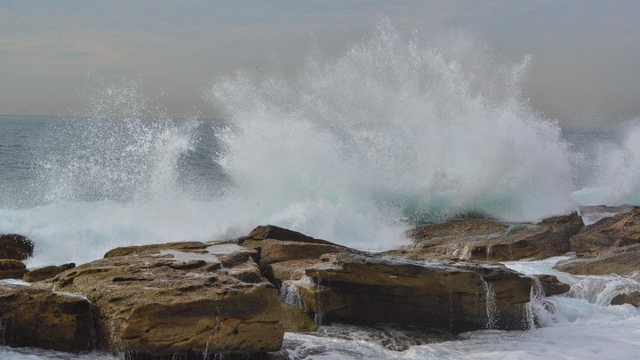 PXHEREReactions in tiny droplets of water may have given rise to some of the molecules essential for the origin of life.
PXHEREReactions in tiny droplets of water may have given rise to some of the molecules essential for the origin of life.
These reactions, which require a lot of energy in large vats of liquids, are nearly spontaneous in small droplets, researchers report today (October 23) in the Proceedings of the National Academy of Sciences. The finding suggests that the building blocks of life, including DNA, RNA, and materials used in cell walls and energy storage, may have been generated in mists and sea sprays on early Earth.
“Did this happen billions of years ago? We don’t know,” study coauthor Richard Zare, a chemist at Stanford University, tells The Scientist. “But this is one plausible mechanism for prebiotic chemistry.”
In Earth’s history, the transition from non-life to life happened relatively quickly. About 4 billion years ago, the planet was a molten ball of lava. But it’s thought ...














